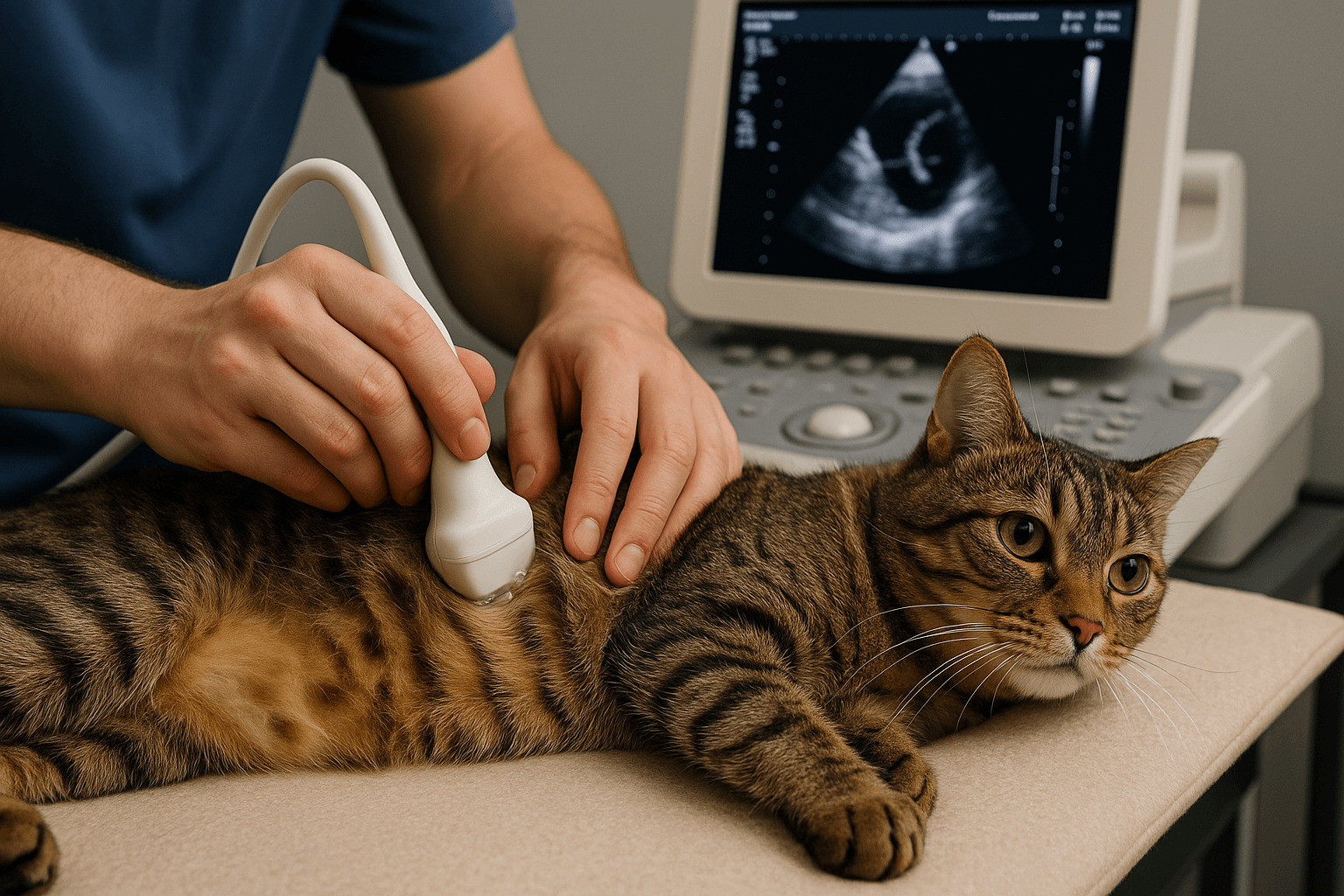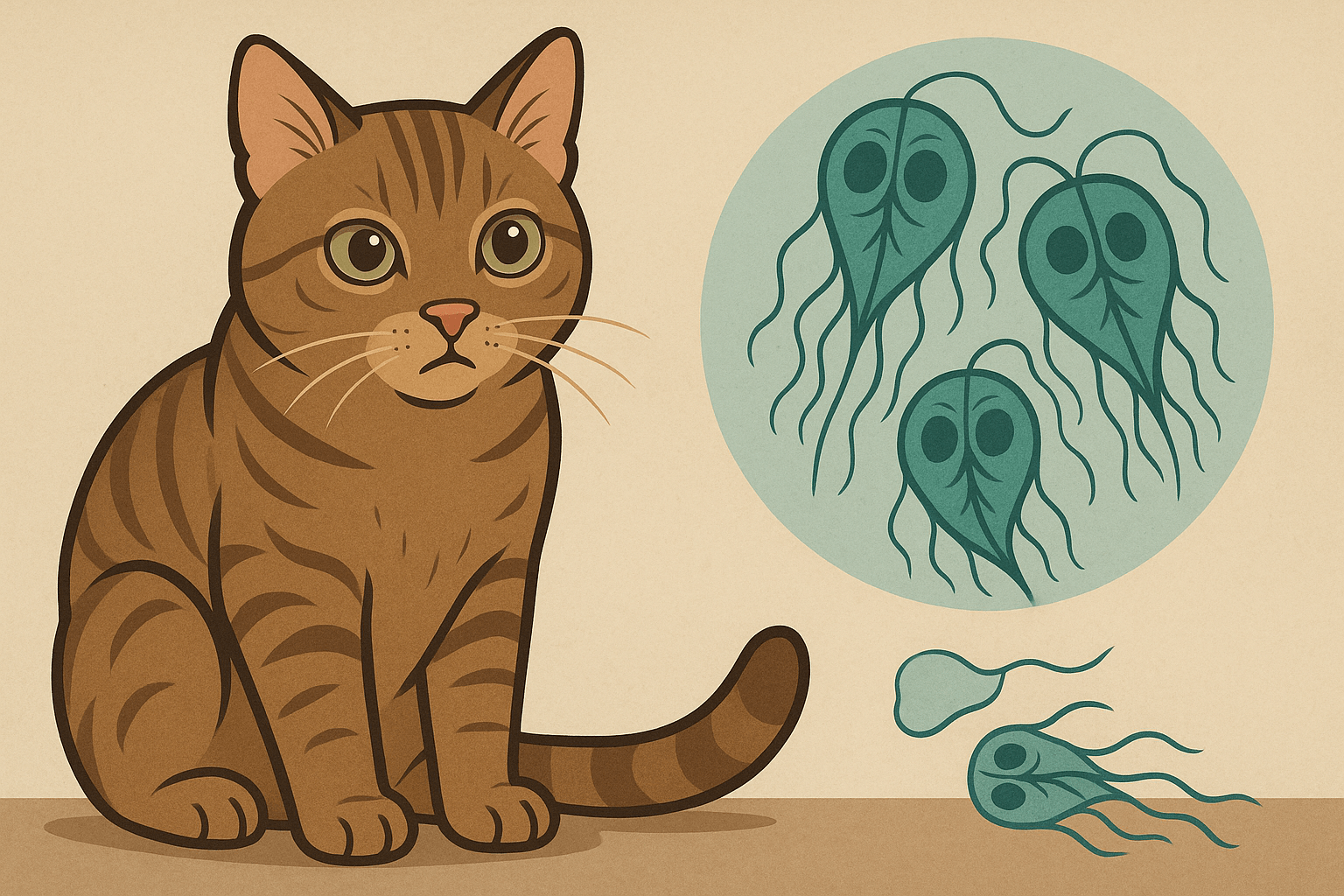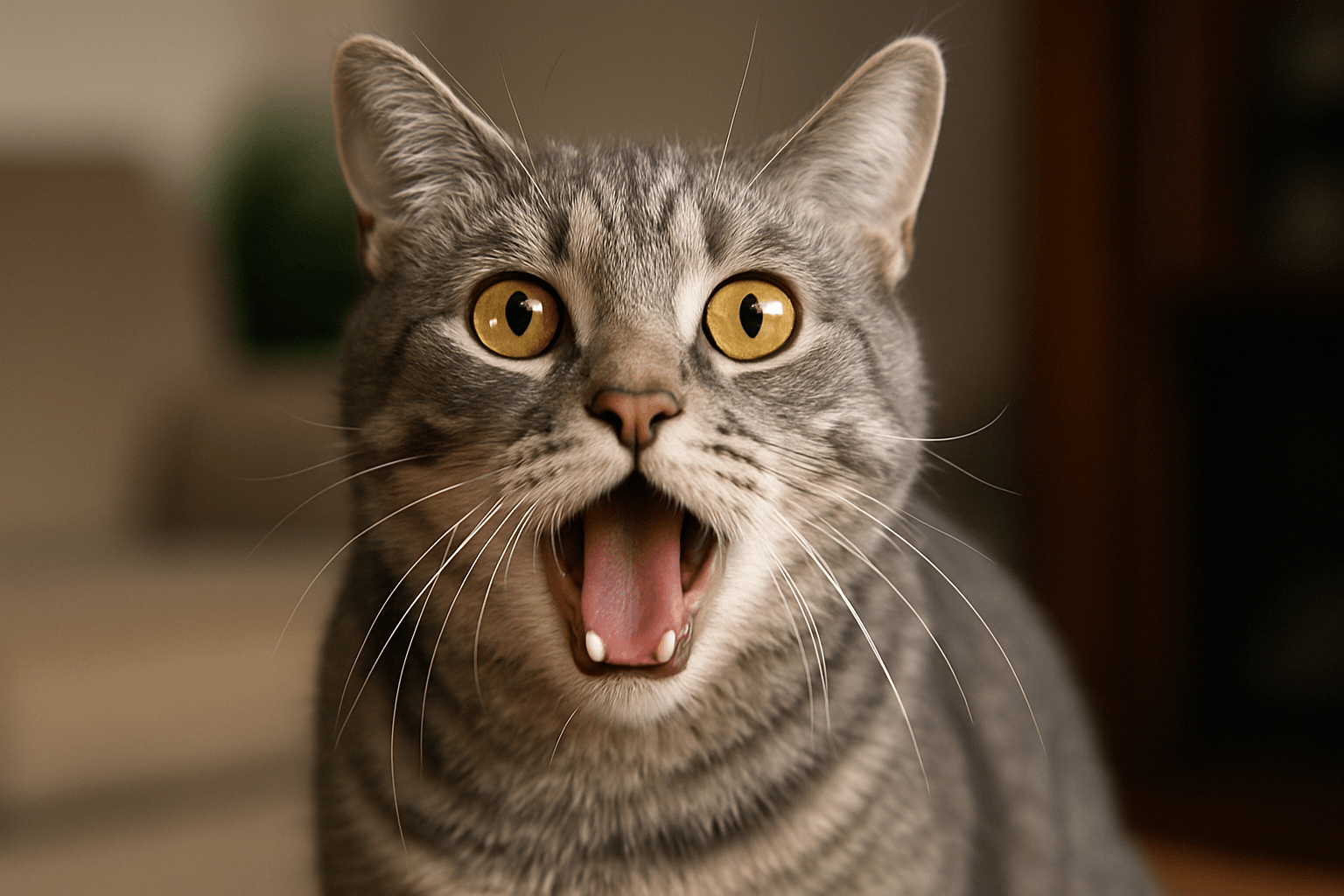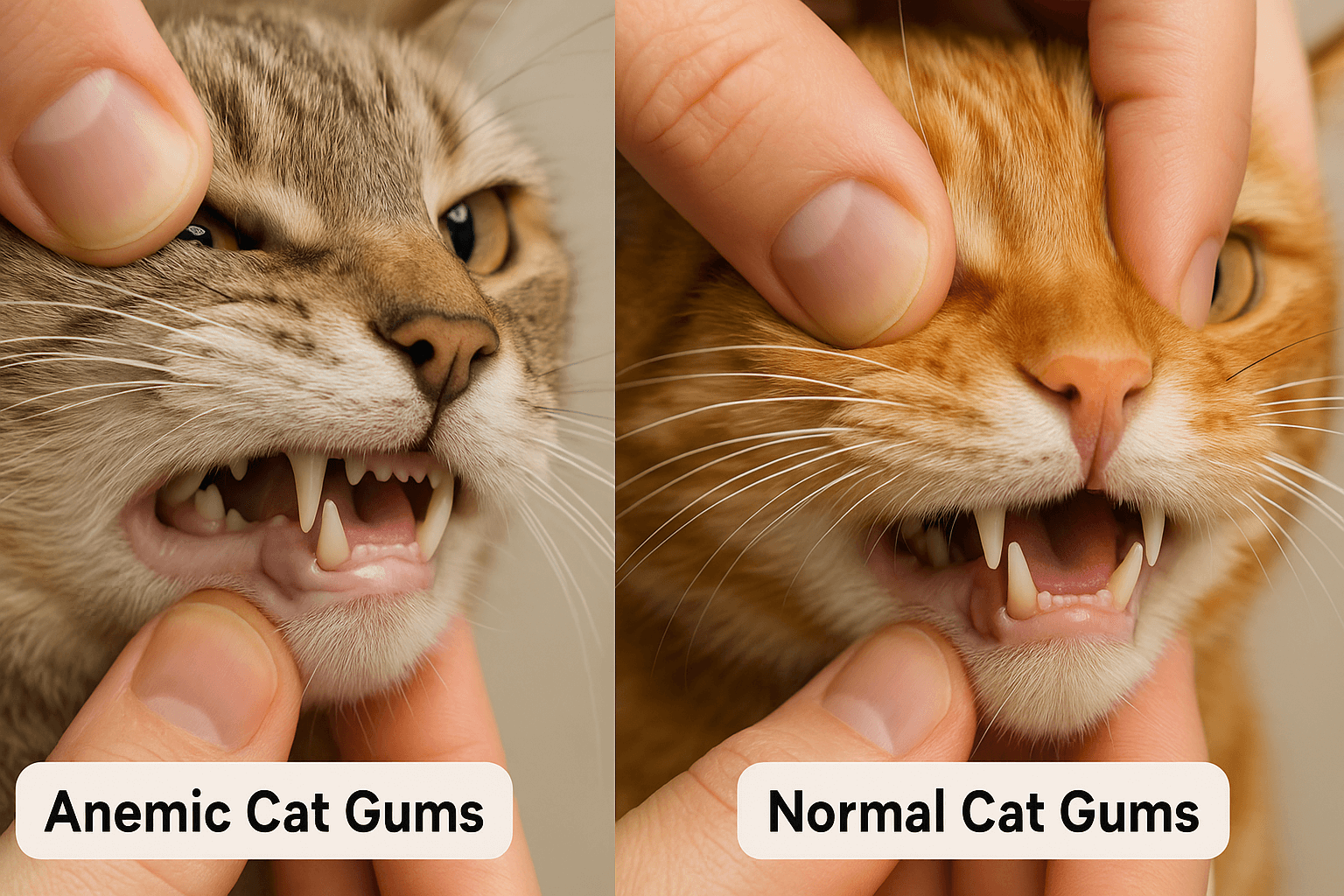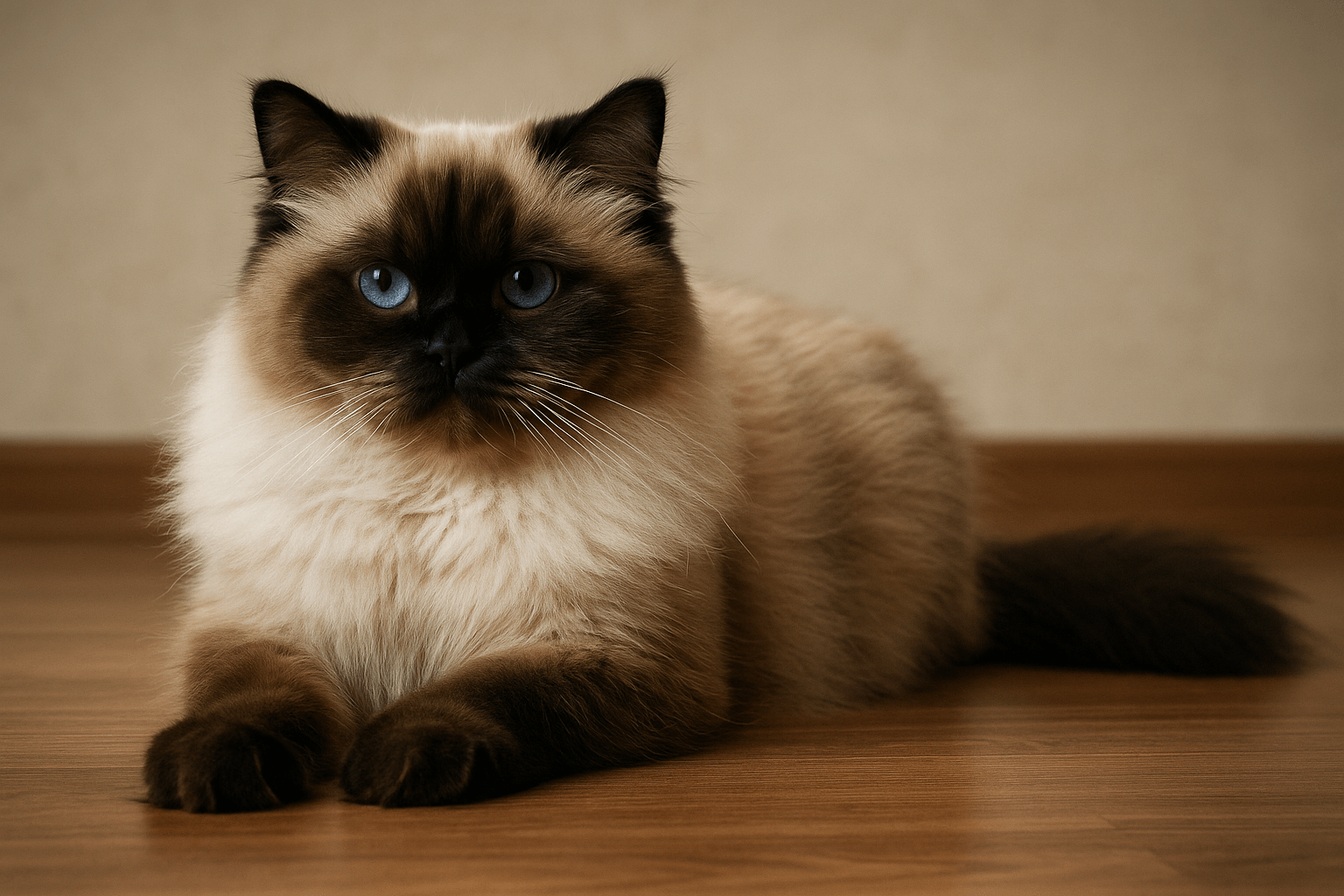Understanding Hypertrophic Cardiomyopathy in Cats
Hypertrophic cardiomyopathy (HCM) is one of the most common heart conditions affecting cats, yet it often goes undetected until symptoms become severe. This condition involves the thickening of the heart’s walls, which can disrupt normal blood flow and lead to serious complications. While HCM can occur in cats of any age or breed, certain predispositions make some felines more vulnerable than others. Early diagnosis and proper management are crucial for improving the quality of life for affected cats. In this blog post, we’ll explore the causes, symptoms, treatment options, and preventive measures associated with hypertrophic cardiomyopathy in cats, empowering you to provide the best care for your furry companion.
Causes and Risk Factors of Hypertrophic Cardiomyopathy
While the exact cause of HCM in cats isn’t always clear, several factors contribute to its development. Understanding these risk factors can help cat owners take proactive steps to protect their pets.
Genetic Predisposition:
Certain breeds, such as Maine Coons and Ragdolls, are genetically prone to developing HCM due to specific mutations.Age and Gender:
Middle-aged and older cats are more likely to develop HCM, though it can occur at any age. Males tend to be slightly more affected than females.Underlying Health Conditions:
Diseases like hyperthyroidism or high blood pressure can increase the risk of heart-related issues, including HCM.Lifestyle Factors:
A sedentary lifestyle, poor diet, or obesity may exacerbate the progression of heart disease in susceptible cats.Unknown Triggers:
In many cases, HCM arises without an identifiable cause, making routine veterinary check-ups essential for early detection.
By recognizing these potential triggers, cat owners can work closely with veterinarians to monitor their pet’s health and address concerns promptly.
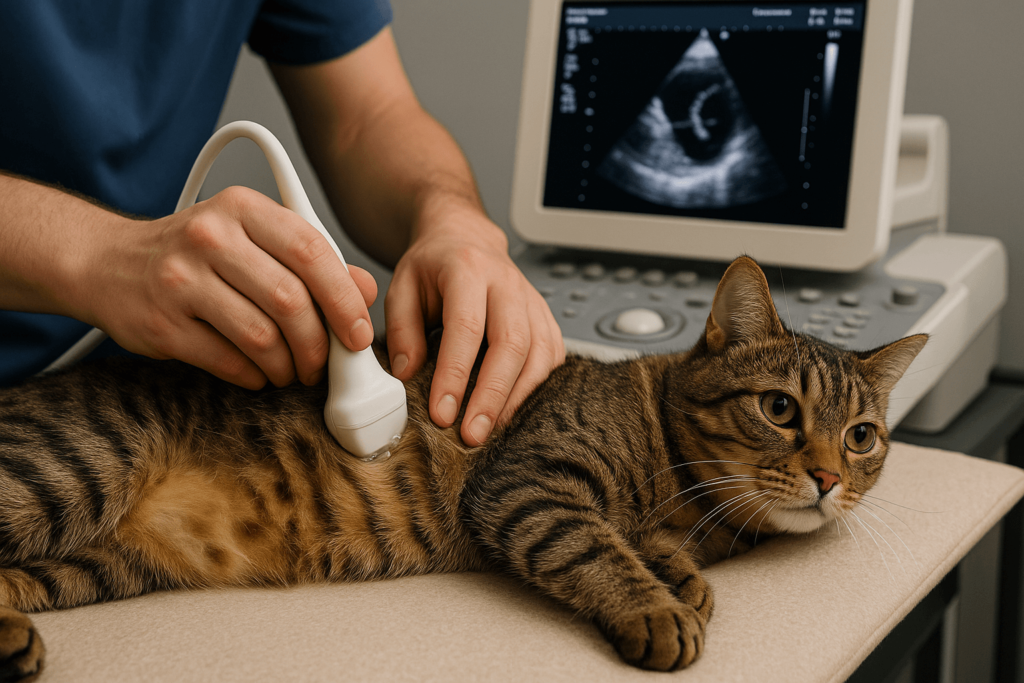
Signs and Symptoms to Watch For
Identifying the signs of hypertrophic cardiomyopathy early can make a significant difference in your cat’s prognosis. Keep an eye out for these common symptoms, which may indicate underlying heart issues.
Labored Breathing:
Cats with HCM may exhibit rapid or shallow breathing, especially during rest or exertion.Lethargy and Weakness:
Reduced energy levels or reluctance to engage in physical activity could signal cardiovascular problems.Coughing or Wheezing:
While less common in cats than dogs, coughing can sometimes occur due to fluid buildup in the lungs.Fainting Episodes:
Sudden collapses or fainting spells may result from inadequate blood flow to the brain.Changes in Appetite or Weight Loss:
Cats with HCM might lose interest in food or experience unexplained weight loss over time.
Being vigilant about these symptoms allows you to seek veterinary care sooner rather than later, potentially saving your cat’s life.
Check this guide 👉Understanding Cat Blood Sugar Levels: Best 7 Expert Tips!
Check this guide 👉How to Take Cat Blood Pressure: Best 7 Expert Tips!
Check this guide 👉Understanding Cat Blood Types: Best 7 Health Tips!
Preventive Measures for HCM | Treatment Options for HCM |
|---|---|
Regular veterinary check-ups | Medications to manage heart function |
Genetic testing for predisposed breeds | Diuretics to reduce fluid retention |
Balanced diet and weight management | Beta-blockers to slow heart rate |
Stress reduction techniques | Surgery for severe cases (rarely) |
Monitoring for early symptoms | Lifestyle adjustments and support |
Diagnosis of Hypertrophic Cardiomyopathy
Diagnosing HCM requires a combination of clinical evaluations and diagnostic tools. Veterinarians use various methods to confirm the presence of this condition and assess its severity.
Physical Examination:
A vet listens for abnormal heart sounds, such as murmurs or arrhythmias, during a routine check-up.Echocardiogram:
An ultrasound of the heart provides detailed images to measure wall thickness and evaluate blood flow patterns.X-rays:
Chest radiographs help identify enlargement of the heart or fluid accumulation in the lungs.Blood Tests:
Laboratory work rules out other conditions that mimic HCM symptoms, such as hyperthyroidism or kidney disease.Electrocardiogram (ECG):
This test detects irregularities in the heart’s electrical activity, aiding in diagnosis and treatment planning.
Accurate diagnosis ensures tailored treatment plans that address your cat’s unique needs effectively.
Managing Hypertrophic Cardiomyopathy at Home
Once diagnosed, managing HCM involves a combination of medical care and lifestyle adjustments. These strategies aim to improve your cat’s comfort and longevity.
Administering Prescribed Medications:
Follow your vet’s instructions carefully when giving medications to regulate heart function and reduce strain.Monitoring Weight and Diet:
Maintain a healthy weight through portion control and nutritionally balanced meals designed for heart health.Minimizing Stress:
Create a calm environment by providing hiding spaces, consistent routines, and avoiding loud noises.Regular Vet Visits:
Schedule frequent follow-ups to track your cat’s progress and adjust treatments as needed.Observing Behavior Changes:
Stay alert to new symptoms or worsening conditions, reporting them to your vet immediately.
With dedication and care, home management can significantly enhance your cat’s quality of life despite their diagnosis.
Common Misconceptions About HCM
Misinformation about hypertrophic cardiomyopathy can lead to confusion and missed opportunities for early intervention. Clearing up these misconceptions helps cat owners make informed decisions.
“Only Older Cats Get HCM”:
While older cats are at higher risk, younger cats—especially those with genetic predispositions—can also develop HCM.“Symptoms Always Appear Early”:
Many cats show no visible symptoms until the disease has progressed significantly, underscoring the need for regular vet visits.“HCM Only Affects Purebred Cats”:
Mixed-breed cats can also develop HCM, although purebreds have higher incidence rates in certain breeds.“Diet Alone Can Prevent HCM”:
While nutrition plays a role, genetics and other factors contribute to HCM, making diet alone insufficient for prevention.“HCM Is Always Fatal”:
With proper treatment, many cats with HCM live comfortably for years after diagnosis.
Addressing these myths fosters better awareness and encourages proactive care for all cats.
Emotional Impact on Cat Owners
Caring for a cat with HCM can be emotionally taxing for owners, who often feel overwhelmed by the diagnosis. Acknowledging these challenges is an important part of the journey.
Fear of Losing a Beloved Pet:
The uncertainty of HCM can evoke anxiety about your cat’s future, but focusing on daily joys helps maintain perspective.Financial Concerns:
Veterinary costs for diagnostics and treatments can add up, prompting owners to explore payment plans or pet insurance options.Guilt Over Missed Signs:
Feeling guilty for not noticing symptoms earlier is common, but remember that HCM can be subtle and difficult to detect.Stress from Caregiving Responsibilities:
Managing medications, diets, and vet appointments can feel overwhelming, so don’t hesitate to ask friends or family for support.Finding Strength in Community:
Connecting with other cat owners facing similar challenges provides emotional relief and valuable insights.
Recognizing and addressing these emotions strengthens your ability to care for your cat while preserving your own well-being.
Innovations in Feline Heart Health Research
Ongoing advancements in veterinary medicine offer hope for improved outcomes in cats with hypertrophic cardiomyopathy. Staying informed about emerging research can inspire optimism.
Genetic Testing Advances:
New tests identify specific mutations linked to HCM, enabling breeders to reduce the prevalence of the condition in future generations.Targeted Therapies:
Researchers are exploring medications tailored to individual genetic profiles, enhancing treatment effectiveness.Improved Imaging Techniques:
Cutting-edge imaging technologies provide clearer insights into heart structure and function, aiding diagnosis and monitoring.Focus on Nutrition Science:
Studies highlight the role of dietary components like omega-3 fatty acids in supporting heart health, paving the way for specialized diets.Increased Awareness Campaigns:
Educational initiatives promote early detection and emphasize the importance of regular veterinary care for all cats.
These innovations demonstrate promising strides toward better understanding and treating HCM, offering renewed hope for affected cats and their families.
Frequently Asked Questions About Hypertrophic Cardiomyopathy in Cats
Can HCM be cured?
No, HCM cannot be cured, but it can be managed effectively with medication and lifestyle changes.
Is HCM painful for cats?
While not directly painful, complications like difficulty breathing or blood clots can cause discomfort.
How long can a cat live with HCM?
Life expectancy varies depending on the severity of the condition and adherence to treatment protocols.
Are there supplements for HCM?
Some supplements, like taurine, may support heart health, but consult your vet before adding them to your cat’s regimen.
Can kittens inherit HCM?
Yes, genetic mutations linked to HCM can be passed down, highlighting the importance of responsible breeding practices.
Empowering Your Cat’s Heart Health Journey
Hypertrophic cardiomyopathy is a challenging condition, but with knowledge, vigilance, and collaboration with your veterinarian, you can provide exceptional care for your feline friend. By understanding the causes, symptoms, and treatment options—and implementing preventive measures—you give your cat the best chance at a happy, fulfilling life. Remember, early detection and consistent management are key to navigating HCM successfully. With love and dedication, you can ensure your cat enjoys their nine lives to the fullest, even in the face of this chronic condition.
Giardia in Cats: Best 7 Expert Tips! Discover expert advice on identifying, treating, and preventing giardia in cats to ensure your feline stays happy and healthy.
Cat Hyperventilating: Best 7 Expert Tips! Discover signs, causes, and solutions for cat hyperventilation. Learn how to calm your cat and when to seek veterinary care for their breathing issues.
Anemic Cat Gums vs Normal: Best 7 Expert Tips! Learn to spot signs of anemia in cats, understand gum health, and ensure your feline stays happy and healthy with expert advice.
Himalayan Cat Size: Best 7 Expert Tips! Discover expert advice on Himalayan cat size, growth factors, care tips, and how to ensure your feline stays healthy and happy.

